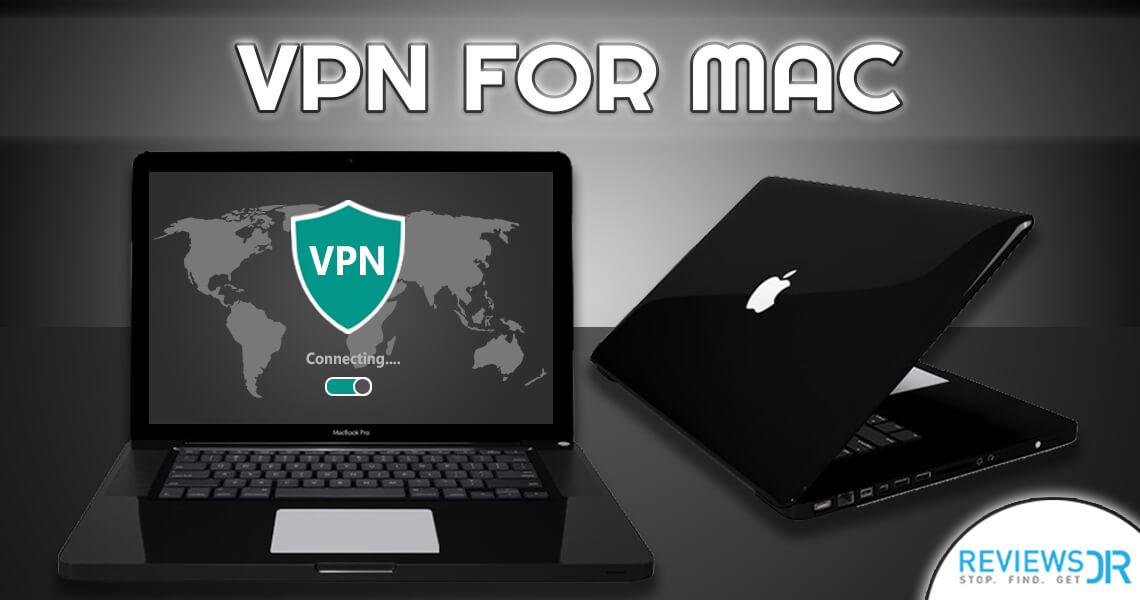

VPNs help protect your privacy in other ways, too.

VPNs do hide more of your data, however, and protect your DNS requests, denying ISPs even that insight into your activities. It's true HTTPS does prevent observers from intercepting your information. There's a strong argument that the widespread adoption of HTTPS already protects your data, and VPNs are overkill. Most of us already fork over a hefty chunk of change to our ISPs, but now those same companies are trying to profit off their customers by selling anonymized user data. A VPN shields your online activity from internet service providers (ISPs). That's handy for anyone who needs to make use of public Wi-Fi networks since it's not always clear who owns those networks and even whether it's safe to connect. The encrypted connection prevents anyone on the same local network as you-and even the person who runs the network-from getting any information about what you do online. All your web traffic is sent through this encrypted connection, exits the server, and then rejoins the internet as normal.

When you switch on a VPN, it creates an encrypted connection between your Mac and a remote server operated by the VPN company.


 0 kommentar(er)
0 kommentar(er)
